Chronic Disease Management
Date
Jan 16, 2025
Author
Rik Renard
Situation
Chronic disease management (CDM) programs are essential to improving patient outcomes, but they’re notoriously complex. Each disease—whether it’s chronic heart failure, kidney disease, or COPD—comes with its own set of guidelines, touchpoints, and care pathways. Care coordination teams are tasked with juggling multiple programs, remembering every nuance, and ensuring patients stay engaged. It’s a massive undertaking, and despite everyone’s best efforts, cracks inevitably appear.
Complication
The complexity of managing multiple disease-specific programs often leads to missed steps and high patient drop-off rates. Care coordinators are overwhelmed, relying on manual processes to engage patients and track progress, which takes up valuable time and leaves them reactive rather than proactive. Patients, on the other hand, lose motivation without consistent engagement, jeopardizing their health outcomes. The reliance on humans to handle everything makes the system prone to inefficiencies and limits scalability, leaving both teams and patients underserved.
Resolution
Clinical teams use Awell to transform chronic disease management with automated, disease-specific care programs. Patients are seamlessly enrolled through system integrations, manual entry by e.g. care coordinators, or bulk CSV uploads. Once enrolled, the system guides patients through the program with proactive, personalized engagement tailored to their needs and preferences.
Teams use Awell to automate routine tasks, such as sending educational resources, checking in with patients via their preferred channels—email, text, or voice AI—and monitoring responses to ensure engagement. For example, when a patient with COPD reports worsening symptoms, Awell flags the issue and creates a task for a care coordinator to step in. By escalating only when human involvement is truly needed, care teams reduce their workload while ensuring timely, high-value care.
This proactive approach keeps patients engaged, improves program adherence, and ensures no critical step is missed. Value-based care organizations use Awell to scale programs efficiently, deliver better outcomes, and empower their teams to focus on what truly matters: improving lives.
Disclaimer: Each flow belongs to, and is configured by, an Awell customer. Awell supplies the underlying builder platform only; we do not provide clinical content or clinical decision-making logic.
Back






















